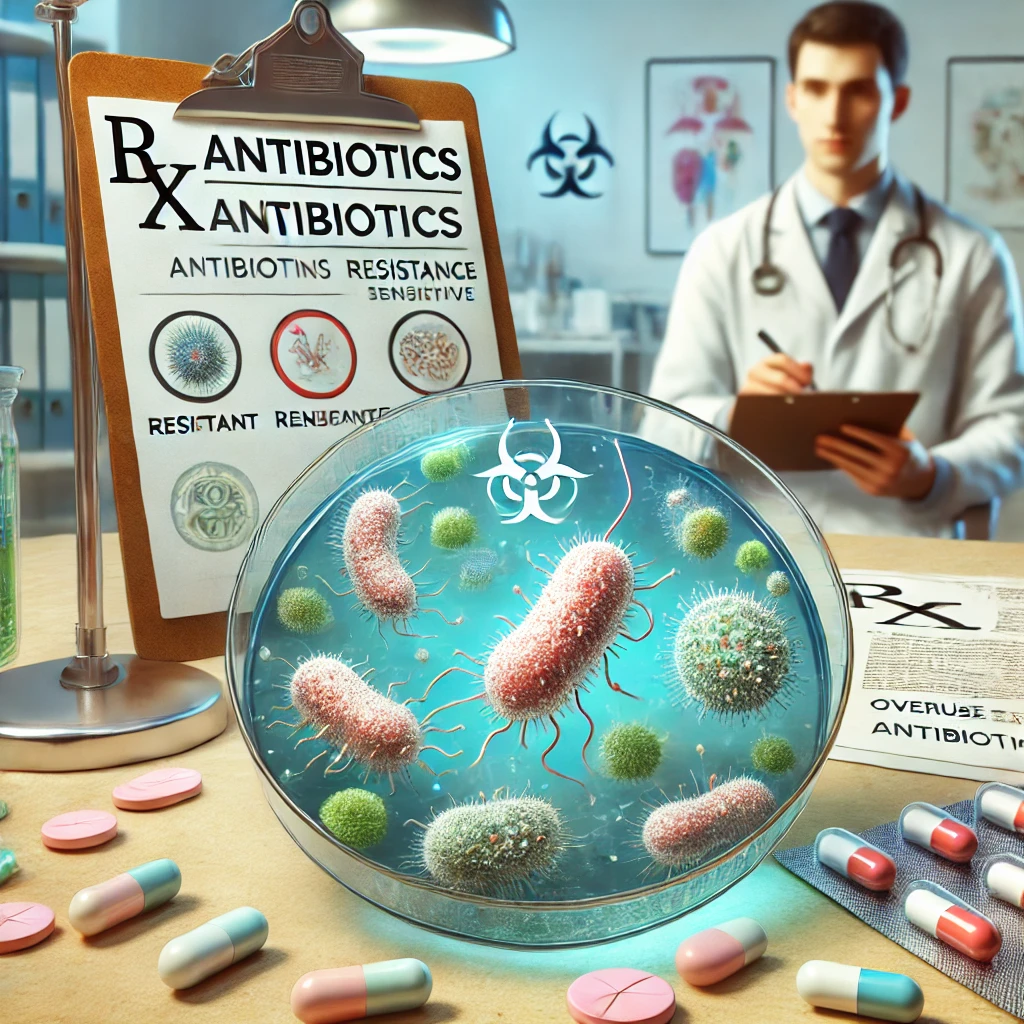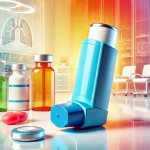Antibiotic resistance is one of the most pressing public health challenges of the 21st century. It occurs when bacteria evolve mechanisms to resist the effects of antibiotics, rendering these life-saving medications ineffective. Without effective antibiotics, treating common infections, performing surgeries, and managing chronic conditions becomes significantly more dangerous. Understanding the roots of antibiotic resistance, its consequences, and strategies for prevention is essential to safeguarding global health.
What is Antibiotic Resistance?
Antibiotic resistance happens when bacteria develop the ability to survive exposure to antibiotics that were designed to kill them or stop their growth. This resistance does not mean the body becomes resistant to antibiotics; rather, it is the bacteria themselves that become immune to the effects of the drugs.
Key points about antibiotic resistance:
- It is caused by mutations in bacterial DNA or the acquisition of resistance genes from other bacteria.
- Resistant bacteria can multiply and spread, making infections harder to treat.
- This phenomenon affects various types of bacteria, including those that cause pneumonia, tuberculosis, and urinary tract infections.
Origins of Antibiotic Resistance
Antibiotic resistance is a natural process that has been accelerated by human activities. Its origins can be traced back to several factors:
- Overuse of Antibiotics:
- Overprescription of antibiotics for conditions like viral infections (e.g., colds and flu) where they are ineffective.
- Widespread use of antibiotics in agriculture to promote animal growth and prevent disease in livestock.
- Incomplete Use:
- Patients not completing their prescribed antibiotic courses, leaving surviving bacteria to develop resistance.
- Improper Use:
- Self-medication or use of leftover antibiotics without medical supervision.
- Global Spread:
- Resistant bacteria can spread between people, animals, and the environment, especially in regions with poor sanitation and infection control.
Consequences of Antibiotic Resistance
Antibiotic resistance poses severe risks to global health, including:
- Hard-to-Treat Infections:
- Infections caused by resistant bacteria require longer, more complex, and often more expensive treatments.
- Common illnesses like strep throat, UTIs, or wound infections may become life-threatening.
- Higher Mortality Rates:
- Infections with resistant bacteria are associated with higher rates of complications and death.
- Increased Healthcare Costs:
- Extended hospital stays, additional diagnostic tests, and more expensive drugs place a financial burden on healthcare systems.
- Threat to Modern Medicine:
- Procedures like organ transplants, cancer treatments, and surgeries become riskier without effective antibiotics to prevent or treat infections.
Why is Antibiotic Resistance a Global Concern?
- Rapid Spread: Resistant bacteria can quickly spread across communities, hospitals, and countries.
- Few New Antibiotics: The development of new antibiotics has slowed significantly due to scientific, economic, and regulatory challenges.
- Global Impact: Antibiotic resistance affects high- and low-income countries alike, particularly burdening regions with limited healthcare resources.
- Zoonotic Threats: Resistance spreads between humans and animals, fueled by antibiotic use in agriculture.
How to Prevent Antibiotic Resistance

Addressing antibiotic resistance requires coordinated action at individual, community, and global levels. Here are evidence-based strategies to minimize its impact:
- For Individuals:
- Use Antibiotics Responsibly:
- Take antibiotics only when prescribed by a healthcare professional.
- Complete the full course, even if you feel better.
- Avoid Self-Medication:
- Never use leftover antibiotics or medications prescribed for others.
- Practice Good Hygiene:
- Wash hands regularly, maintain food safety practices, and avoid close contact with sick individuals to reduce infections and the need for antibiotics.
- Use Antibiotics Responsibly:
- For Healthcare Providers:
- Prescribe Antibiotics Appropriately:
- Base prescriptions on diagnostic tests when possible.
- Educate patients about the importance of proper antibiotic use.
- Promote Vaccinations:
- Preventing infections through vaccines reduces the need for antibiotics.
- Prescribe Antibiotics Appropriately:
- For Governments and Policymakers:
- Strengthen Regulations:
- Enforce policies to reduce over-the-counter sales of antibiotics.
- Promote Research and Development:
- Invest in the development of new antibiotics and alternative therapies.
- Monitor Antibiotic Use:
- Implement surveillance programs to track antibiotic consumption and resistance trends.
- Strengthen Regulations:
- For Agriculture and Industry:
- Reduce Antibiotic Use in Livestock:
- Use antibiotics only for treating sick animals under veterinary supervision.
- Implement Sustainable Practices:
- Focus on improving animal health through better hygiene, nutrition, and vaccinations.
- Reduce Antibiotic Use in Livestock:
Useful Tips for Combating Antibiotic Resistance
- Get Vaccinated:
- Vaccines reduce the risk of infections, decreasing the need for antibiotics.
- Practice Infection Prevention:
- Use protective measures like handwashing, safe food handling, and mosquito nets in endemic areas.
- Spread Awareness:
- Educate others about the dangers of antibiotic misuse and the importance of resistance prevention.
- Support Global Efforts:
- Participate in campaigns like the World Antibiotic Awareness Week and advocate for action against resistance.
Conclusion
Antibiotic resistance is a global health crisis that threatens to undermine decades of medical progress. While its causes are complex, solutions lie in collaboration between individuals, healthcare systems, governments, and industries. By using antibiotics responsibly, preventing infections, and supporting research and education, we can slow the spread of resistance and ensure the continued effectiveness of these vital medications. Together, we can combat antibiotic resistance and protect future generations.

















Pingback: Bronchitis Symptoms, Treatment, and Prevention - Medhouse.info
Pingback: Treating Liver Diseases: Effective Methods and Recommendations - Medhouse.info